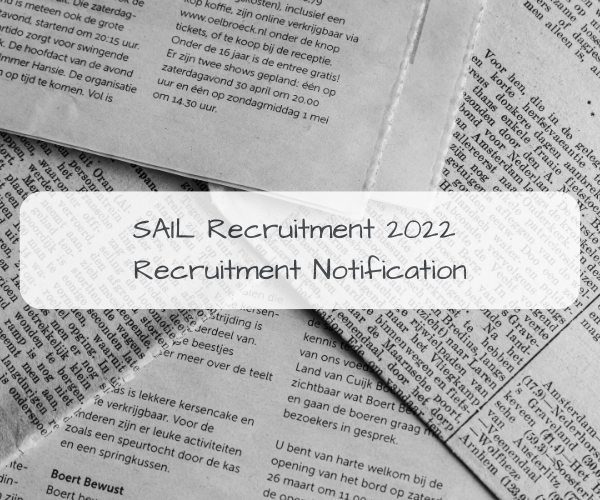What is Performance Pressure? How It Impacts Mental Health of Students?
11-08-2023 12:22
In the present-day competitive world, the pursuit of success often comes with a heavy burden – performance pressure. This form of stress, also known as performance anxiety, is particularly evident in academic settings, affecting students mental well-being. In this article, we understand what is performance pressure, explore its impacts on the mental health of students, and provide actionable strategies to overcome its challenges.
What is Performance Pressure?
Performance pressure can be described as the psychological and physiological stress that individuals experience when their performance is evaluated or judged. It is an intrinsic part of various contexts, including academics, sports, artistic performances, and public speaking. This pressure stems from internal and external sources, each contributing to the perception of individuals of their abilities and the subsequent stress associated with them.
The Toll on Students Mental Health
Anxiety and Stress: One of the primary consequences of performance pressure is heightened anxiety and stress levels among students. The fear of underperforming, disappointing loved ones, or failing exams generates a constant state of tension.
Self-Esteem Erosion: Performance pressure can lead to a diminished sense of self-worth. When students tie their value solely to their academic or performance achievements, any setback can severely impact their self-esteem.
Burnout: The relentless drive to meet high expectations often drives students to burnout. Neglecting self-care, they push themselves to the point of emotional and physical exhaustion.
Perfectionism: Performance pressure contributes to perfectionism – a tendency to set unrealistic standards. This mindset fosters an intense fear of failure and an inability to accept anything less than perfect results.
Social Isolation: Students grappling with performance pressure may isolate themselves to evade potential judgment from peers or superiors, leading to social withdrawal.
Depression: Prolonged exposure to performance pressure without effective coping mechanisms can result in depression, characterized by persistent feelings of sadness and hopelessness.
Unhealthy Coping Mechanisms: Some students resort to unhealthy coping mechanisms, such as substance abuse or excessive screen time, as a way to cope with the overwhelming stress.
Reduced Enjoyment of Learning: The fixation on grades and performance outcomes can overshadow the joy of learning. Students become more focused on results than on the process of gaining knowledge.
Strategies to Overcome Performance Pressure
Promote a Growth Mindset: Encourage students to adopt a growth mindset, emphasizing that challenges are opportunities for growth rather than threats. This mindset shift can reduce the fear of failure.
Normalizing Failure: Creating an environment where failure is seen as a natural part of learning can reduce the fear associated with it. Students learn that mistakes are valuable stepping stones to success.
Teaching Coping Skills: Equipping students with coping skills, such as mindfulness techniques, deep breathing exercises, and time management strategies, can help them manage stress effectively.
Encourage Balance: Emphasize the importance of a balanced lifestyle that includes physical activity, social interactions, and relaxation. A well-rounded life can mitigate the negative effects of constant pressure.
Reevaluating Evaluation: Shifting the focus from grades to the process of learning, critical thinking, and creativity can alleviate some of the pressure students feel.
Open Communication: Create an environment where students feel comfortable discussing their fears and anxieties with teachers, parents, or counselors. Open communication can foster a support network.
Setting Realistic Goals: Encourage students to set achievable goals that align with their abilities. This helps prevent the overwhelming pressure that accompanies unattainable expectations.
Time Management: Teach students effective time management techniques to avoid last-minute stress and cramming. A well-structured study plan can reduce anxiety and enhance performance.
Performance pressure is a reality that many students face in their academic journey. While it can have detrimental effects on mental health, it is essential to recognize that overcoming performance pressure is possible. By fostering a growth mindset, normalizing failure, teaching coping skills, and creating a supportive environment, students can learn to navigate the challenges of performance pressure in a healthier and more constructive manner. As educators, parents, and society at large, it is our responsibility to ensure that students mental well-being is prioritized, allowing them to thrive academically and personally.




